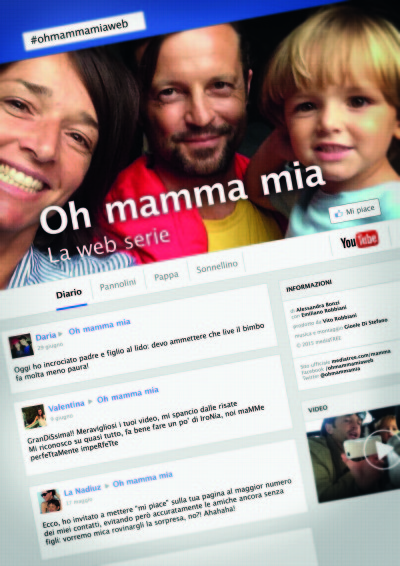4.Il lato oscuro della maternità: Il femminismo di Eugenia Roccella
by Veronica Frigeni
Eugenia Maria Roccella was appointed Minister for Family, Natality and Equal Opportunities in the government headed by Giorgia Meloni on October 22, 2022. The article engages Roccella’s idiosyncratic post-feminism, examining its conservative, populist and maternalist stance and assessing how it positions itself in relation to existing paradigms of sexual difference and queer feminism. In particular, reading the Minister’s theoretical and literary texts alongside her parliamentary speeches and interviews, the article interrogates Roccella’s discursive construction of motherhood from a pro-life,



